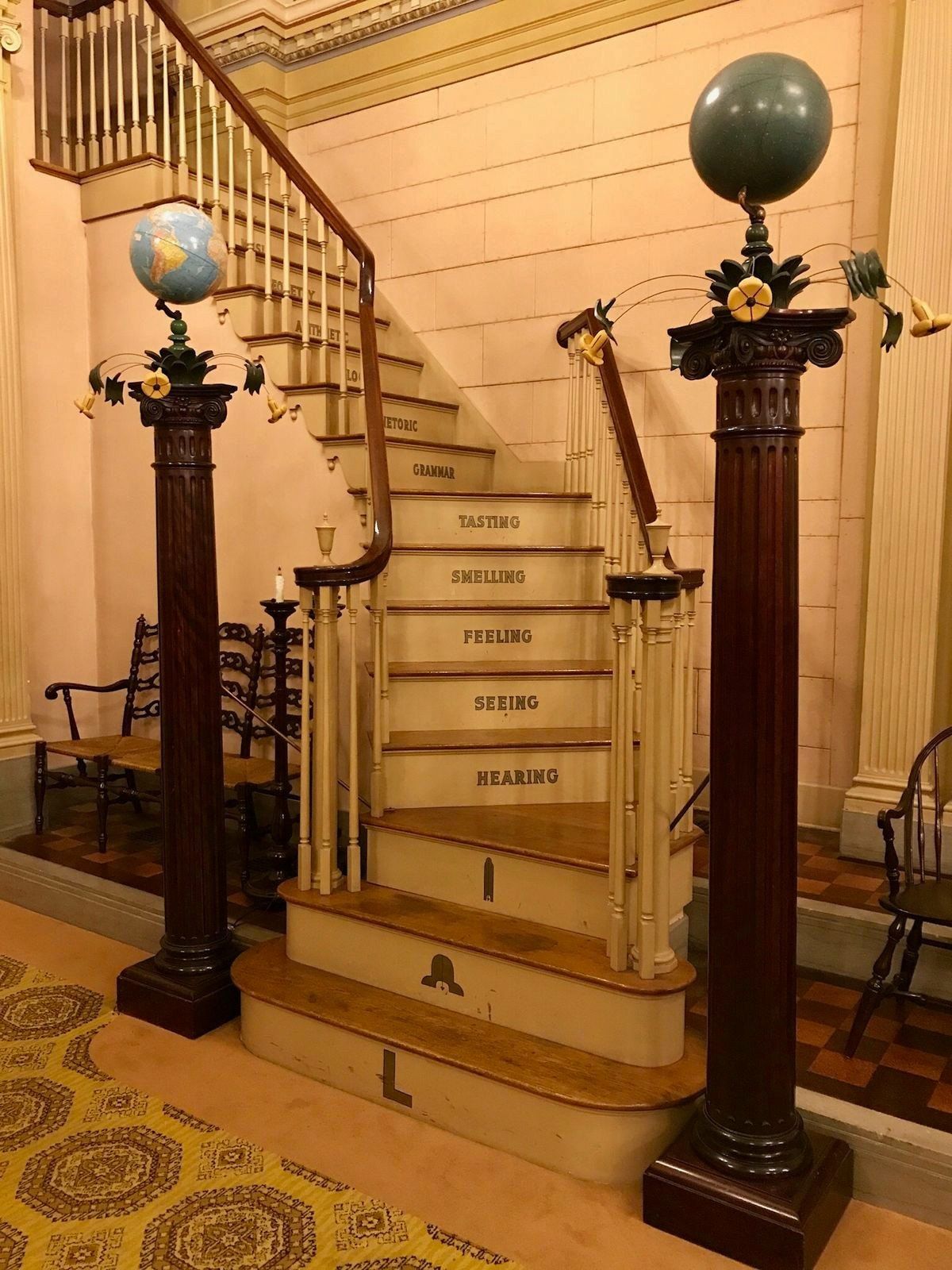Masonry places a significant emphasis on memory work.
This practice is not just a challenge but a pathway to deeper understanding and personal growth within the fraternity.
From the initial steps as an Entered Apprentice to the responsibilities of a Master Mason, each degree in Masonry requires a commitment to memorizing specific rituals, symbols, and passages.
This article delves into the essential role of memory work in Masonry, exploring the requirements across different degrees, and providing practical tips for effective memorization.
Beyond the challenge lies the opportunity for Masons to deepen their engagement with the craft’s principles, improve their mental agility, and foster a closer bond with fellow members.
Understanding the extent of memory work involved, mastering the art of memorization, and appreciating the benefits it brings are crucial for both new and seasoned Masons.
Through this exploration, we aim to illuminate the path toward achieving mastery in Masonic memory work, highlighting its value not only as a ritualistic practice but also as a means of personal development and fulfillment within the Masonic journey.

Understanding Masonry Memory Work
As a Mason (or an aspiring Mason), you should know memory work is an essential part of the Masonic experience.
Whether you are learning a ritual or delivering a lecture, you must have a good memory to be successful.
But how much memory work is required in Masonry?
The amount of memory work required in Masonry varies depending on your degree and your role in the lodge.
As a new Mason, you will be required to memorize the obligations of your degree.
As you progress through the degrees, you will be required to memorize more information, including specific parts of the ritual for each degree.
In addition to the ritual, you may also be asked to memorize other information, such as the history of your lodge or the names of the officers.
This information is important for you to know, as it helps you to better understand the fraternity, your Lodge and your place in it.
To help you with your memory work, there are several techniques that you can use.
One of the most effective techniques is repetition.
By repeating the information over and over again, you can commit it to memory more easily.
Another technique is visualization.
By creating a mental image of the information, you can make it easier to remember.
For example, if you are trying to remember the order of the officers, you could visualize them standing in a line in their regalia.
Finally, concentration is key to successful memory work.
By focusing your attention on the information you are trying to remember, you can block out distractions and more easily commit the information to memory.
A MUST-READ READ: How to Memorize Your Masonic Obligation
How Much Memory Work is Required in Masonry?

The answer here varies depending on the degree, but overall, Masonry requires a significant amount of memorization.
Memory Work in the Entered Apprentice Degree
In the Entered Apprentice Degree, you will need to memorize the obligation, the signs, and the words of the degree.
You will also need to memorize the working tools of an Entered Apprentice and their symbolic meanings.
Additionally, you will need to memorize the catechism, which is a series of questions and answers that test your knowledge of the degree.
Memory Work in the ROITUA Degree
In the Fellowcraft Degree, you will also need to memorize the obligation, the signs, and the words of the degree.
You will also need to memorize the working tools of a Fellowcraft and their symbolic meanings.
Additionally, you will need to memorize the catechism, which is a series of questions and answers that test your knowledge of the degree.
Memory Work in the Master Mason Degree
In the Master Mason Degree, you will need to memorize the obligation, the signs, and the words of the degree.
You will also need to memorize the working tools of a Master Mason and their symbolic meanings.
Additionally, you will need to memorize the catechism, which is a series of questions and answers that test your knowledge of the degree.
The Benefits of Memorizing Masonic Rituals
Memorizing Masonic rituals may seem like a daunting task, but yes, the benefits are worth the effort.
Here are some reasons why you should consider committing the rituals to memory:
Improved Understanding:
When you memorize the rituals, you gain a deeper understanding of the symbolism and meaning behind them. You can also better appreciate the history and traditions of the craft.
Increased Confidence:
Knowing the rituals by heart can give you a sense of confidence and pride in your Masonic knowledge. This can be especially helpful when performing the rituals in front of others.
Better Retention:
Memorizing the rituals can help you retain the information better than simply reading or reciting them. This can be especially useful for those who struggle with retaining information.
Enhanced Fellowship:
Being able to recite the rituals with other Masons can create a sense of unity and fellowship within the lodge. It can also help build trust and camaraderie among members.
Personal Growth:
Memorizing the rituals can be a challenging but rewarding experience. It can help you develop discipline, focus, and perseverance, which can be valuable skills in all areas of life.
In conclusion, the amount of memory work required in Masonry can vary depending on the jurisdiction and the specific lodge.
However, it is generally agreed upon that memorization is an important aspect of Masonic ritual and tradition.
To successfully memorize Masonic ritual, it is important to develop effective memory techniques.
This can include using visualization, repetition, and association to aid in the memorization process.
Additionally, practicing and reviewing the ritual regularly can help to solidify the memorization.
While the amount of memory work required may seem daunting at first, it is important to remember that the process of memorization can also be a valuable tool for personal growth and development.
Developing strong memory skills can improve concentration, confidence, and overall mental agility.
Ultimately, the amount of memory work required in Masonry should not be seen as a burden but rather as an opportunity for personal growth and development.
By approaching the memorization process with a positive attitude and a willingness to learn, you can successfully navigate the challenges of Masonic ritual and tradition.